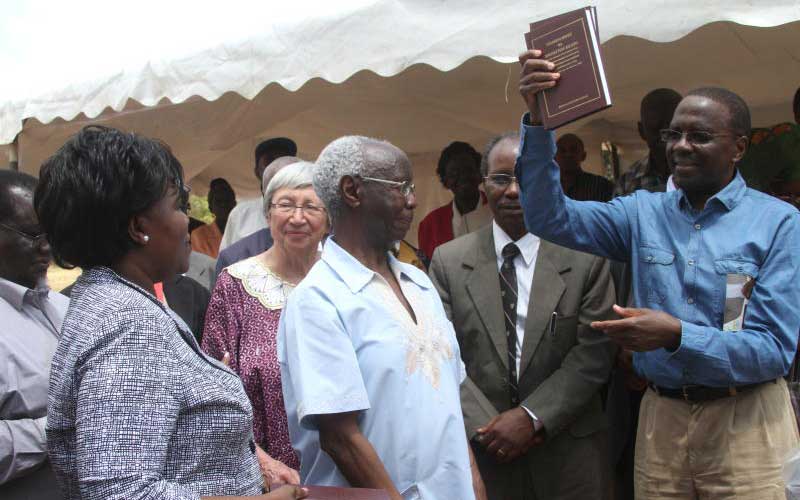×
The Standard e-Paper
Kenya’s Boldest Voice

This will be a short testimony in remembrance of mukuua (elder brother) John Mbiti.
He always addressed me as mwinawa (younger brother). I intend to write a lengthier appreciation of his life and work for a future memorial conference in his honour and brilliance as a philosopher, theologian and a public intellectual of great stature. Articles written for that conference will be published in a book.